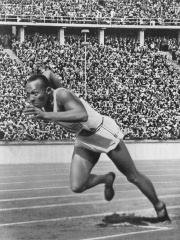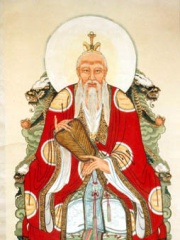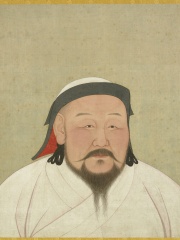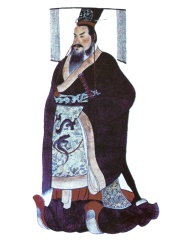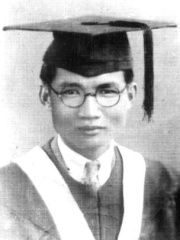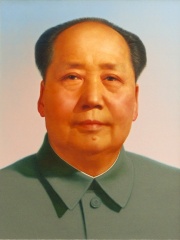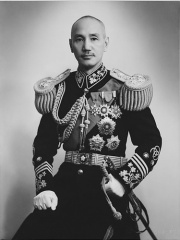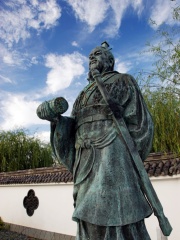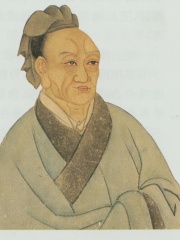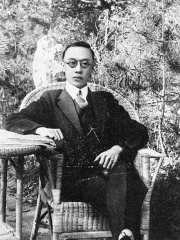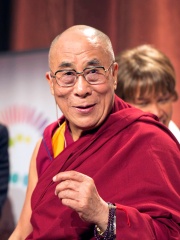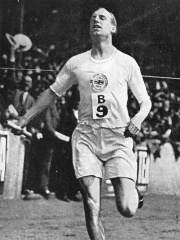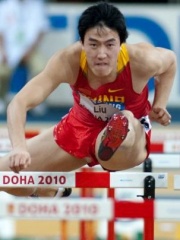ATHLETE
Karma

 Karma
Karma
Karma (, from Sanskrit: कर्म, IPA: [ˈkɐɾmɐ] ; Pali: kamma) is an ancient Indian concept that refers to an action, work, or deed, and its effect or consequences. In Indian religions, the term more specifically refers to a principle of cause and effect, often descriptively called the principle of karma, wherein individuals' intent and actions (cause) influence their future (effect): Good intent and good deeds contribute to good karma and happier rebirths, while bad intent and bad deeds contribute to bad karma and worse rebirths. In some scriptures, however, there is no link between rebirth and karma. Read more on Wikipedia
Their biography is available in different languages on Wikipedia. Karma is the most popular athlete, the 8th most popular biography from China (down from 5th in 2019) and the most popular Chinese Athlete.
Memorability Metrics
Page views of Karma by language
Among ATHLETES
Among athletes, Karma ranks 1 out of 6,025. After them are Diego Garcia, Emil Zátopek, Paavo Nurmi, Abebe Bikila, Jesse Owens, Sigfrid Edström, Florence Griffith Joyner, Spyridon Louis, Thomas Burke, Bob Beamon, and Mara.
Most Popular Athletes in Wikipedia
Go to all RankingsKarma
HPI: 85.78
Rank: 1
Diego Garcia
HPI: 76.82
Rank: 2
Emil Zátopek
1922 - 2000
HPI: 75.90
Rank: 3
Paavo Nurmi
1897 - 1973
HPI: 75.77
Rank: 4
Abebe Bikila
1932 - 1973
HPI: 75.20
Rank: 5
Jesse Owens
1913 - 1980
HPI: 75.19
Rank: 6
Sigfrid Edström
1870 - 1964
HPI: 71.78
Rank: 7
Florence Griffith Joyner
1959 - 1998
HPI: 71.53
Rank: 8
Spyridon Louis
1873 - 1940
HPI: 71.13
Rank: 9
Thomas Burke
1875 - 1929
HPI: 71.09
Rank: 10
Bob Beamon
1946 - Present
HPI: 69.98
Rank: 11
Mara
HPI: 69.52
Rank: 12
In China
Among people born in China, Karma ranks 8 out of 1,610. Before them are Laozi (-604), Kublai Khan (1215), Qin Shi Huang (-258), Huang Xianfan (1899), Mao Zedong (1893), and Chiang Kai-shek (1887). After them are Zheng He (1387), Li Bai (701), Sun Tzu (-544), Sima Qian (-145), Puyi (1906), and 14th Dalai Lama (1935).
Others born in China
Go to all RankingsLaozi
PHILOSOPHER
604 BC - 600 BC
HPI: 91.85
Rank: 2
Kublai Khan
POLITICIAN
1215 - 1294
HPI: 91.15
Rank: 3
Qin Shi Huang
POLITICIAN
258 BC - 210 BC
HPI: 90.99
Rank: 4
Huang Xianfan
POLITICIAN
1899 - 1982
HPI: 89.40
Rank: 5
Mao Zedong
POLITICIAN
1893 - 1976
HPI: 88.70
Rank: 6
Chiang Kai-shek
MILITARY PERSONNEL
1887 - 1975
HPI: 86.25
Rank: 7
Karma
ATHLETE
HPI: 85.78
Rank: 8
Zheng He
EXPLORER
1387 - 1433
HPI: 84.21
Rank: 9
Li Bai
WRITER
701 - 762
HPI: 84.11
Rank: 10
Sun Tzu
PHILOSOPHER
544 BC - 496 BC
HPI: 83.60
Rank: 11
Sima Qian
HISTORIAN
145 BC - 86 BC
HPI: 83.52
Rank: 12
Puyi
POLITICIAN
1906 - 1967
HPI: 83.41
Rank: 13
14th Dalai Lama
RELIGIOUS FIGURE
1935 - Present
HPI: 83.17
Rank: 14
Among ATHLETES In China
Among athletes born in China, Karma ranks 1. After them are Eric Liddell (1902), Li Hong (null), Swimming at the 2020 Summer Olympics – Men's 100 metre freestyle (null), Karen Lachmann (1916), Zhu Jianhua (1963), Wang Junxia (1973), Liu Xiang (1983), Álvaro Fernández (null), Qu Yunxia (1972), Huang Zhihong (1965), and Lü Xiaojun (1984).
Karma
HPI: 85.78
Rank: 1
Eric Liddell
1902 - 1945
HPI: 62.65
Rank: 2
Li Hong
HPI: 62.25
Rank: 3
Swimming at the 2020 Summer Olympics – Men's 100 metre freestyle
HPI: 55.92
Rank: 4
Karen Lachmann
1916 - 1962
HPI: 55.17
Rank: 5
Zhu Jianhua
1963 - Present
HPI: 52.43
Rank: 6
Wang Junxia
1973 - Present
HPI: 52.03
Rank: 7
Liu Xiang
1983 - Present
HPI: 51.97
Rank: 8
Álvaro Fernández
HPI: 50.43
Rank: 9
Qu Yunxia
1972 - Present
HPI: 49.91
Rank: 10
Huang Zhihong
1965 - Present
HPI: 49.71
Rank: 11
Lü Xiaojun
1984 - Present
HPI: 49.49
Rank: 12




